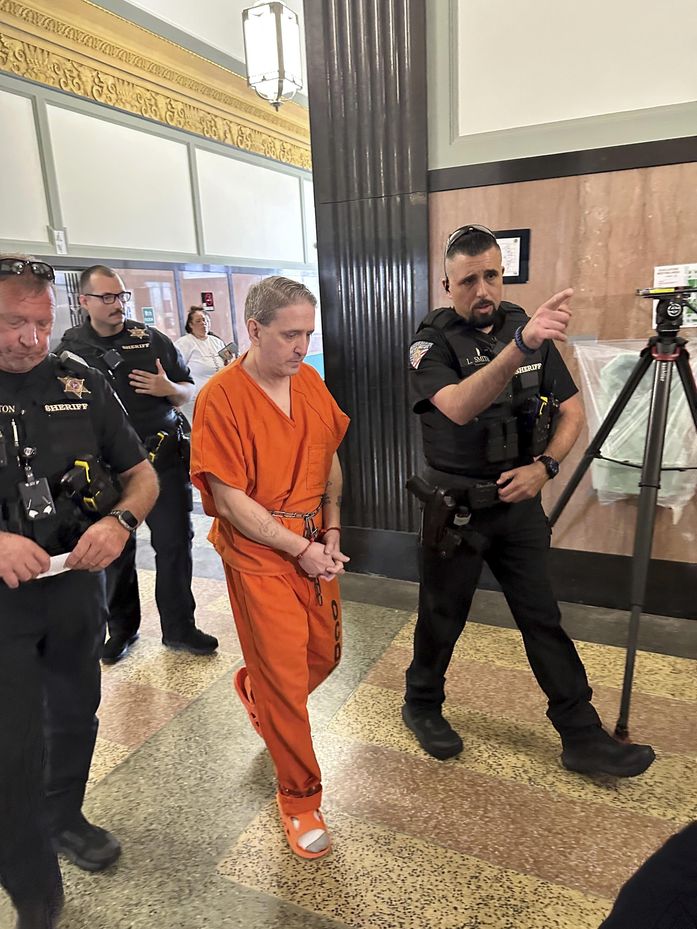
Oklahoma Attorney General Gentner Drummond said Monday he will pursue a new murder trial against Richard Glossip, whose murder conviction was tossed by the Supreme Court in February.
Mr. Drummond said prosecutors will not seek the death penalty this time.
Mr. Glossip had been on death row for decades and was minutes from death at least once, saved by a mix-up in the lethal injection drugs.
The Supreme Court in February tossed his first-degree murder conviction, saying prosecutors had concealed critical evidence that another man, who was convicted in the slaying and had identified Mr. Glossip as being involved, had given false testimony.
“While it was clear to me and to the U.S. Supreme Court that Mr. Glossip did not receive a fair trial, I have never proclaimed his innocence,” Mr. Drummond said.
He said his review of the case shows enough evidence to sustain a murder conviction, though he said he will attain it through “a fair trial based on hard facts, solid evidence and truthful testimony.”
The case stemmed from the murder of Barry Van Treese, owner of the Best Budget Inn in Oklahoma City.
An employee, Justin Sneed, confessed to beating Van Treese to death. In exchange for prosecutors forgoing the death penalty, Sneed agreed to testify that Mr. Glossip had orchestrated the killing.
Mr. Glossip denied that, though he admitted to misleading police about the slaying. He repeatedly rejected plea deals, saying he wanted to prove his innocence.
He was convicted in 1998, but the state Court of Criminal Appeals overturned the verdict in 2001. He was retried and convicted again in 2004. That conviction survived the state appeals court, albeit narrowly.
In both prosecutions, Sneed’s testimony was the only thing tying Mr. Glossip to the killing, Supreme Court Justice Sonia Sotomayor noted in the majority opinion in February’s ruling.
Death penalty opponents had said the court’s ruling exposed deep problems with the death penalty, given that Mr. Glossip was close to being executed in a case the court eventually found to be flawed.
In 2015, Mr. Glossip and other Oklahoma death row inmates had their challenge to the state’s choice of lethal injection drugs heard at the Supreme Court. In a 5-4 ruling, the justices upheld the state’s execution protocol.












